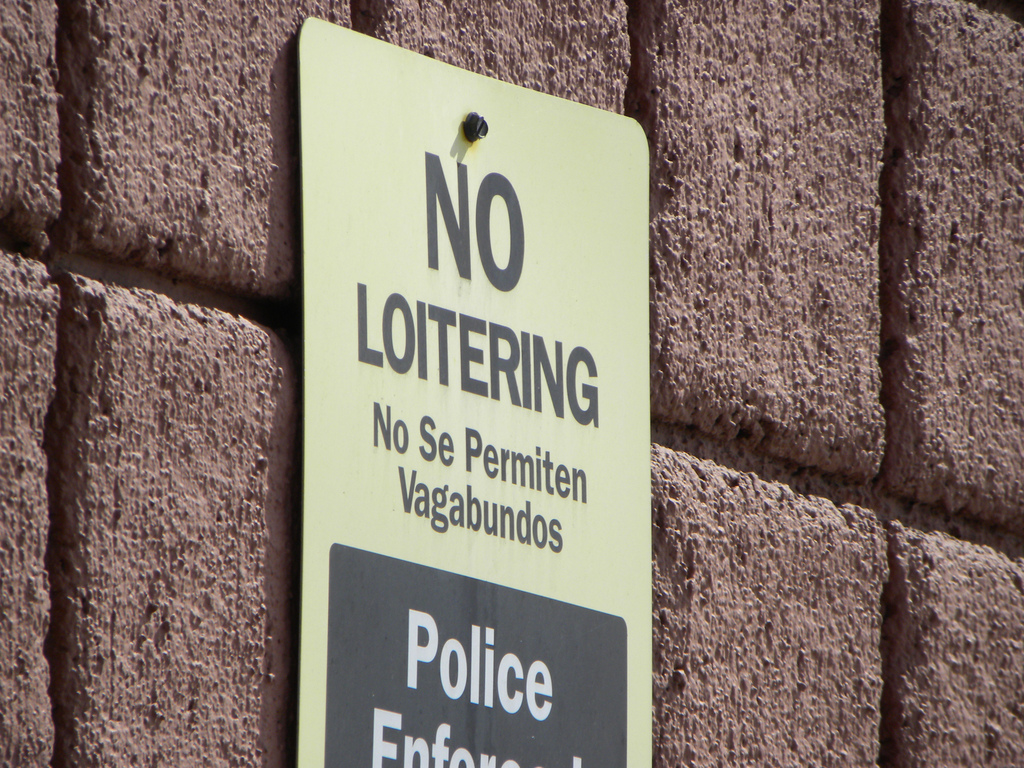Even after his passing, Otto Warmbier continues to make headlines. Over 17 months ago, Warmbier, an American college student, was detained while attempting to leave North Korea after a trip with Young Pioneer Tours. According to The Daily Beast, Warmbier was accused and found guilty of stealing a propaganda sign from his hotel, and was sentenced to remain in the country for 15 years of hard labor. A few weeks ago, Warmbier was returned home under mysterious circumstances and in a comatose state, before eventually dying.
Continue reading “Privilege, Punishment and Cultural Relativism: The Case of Otto Warmbier”





